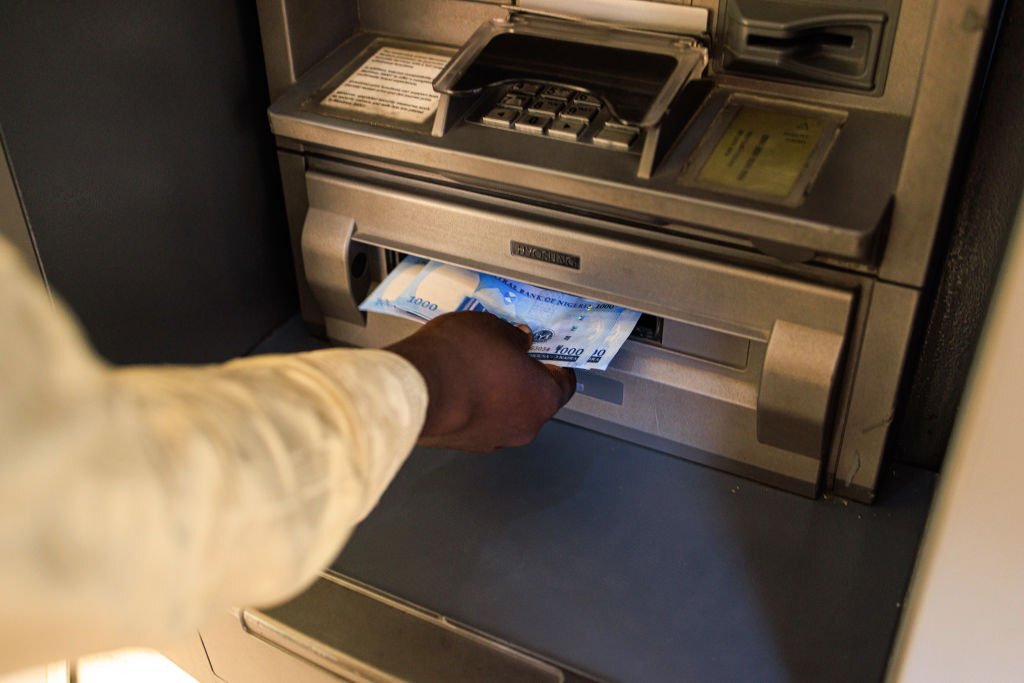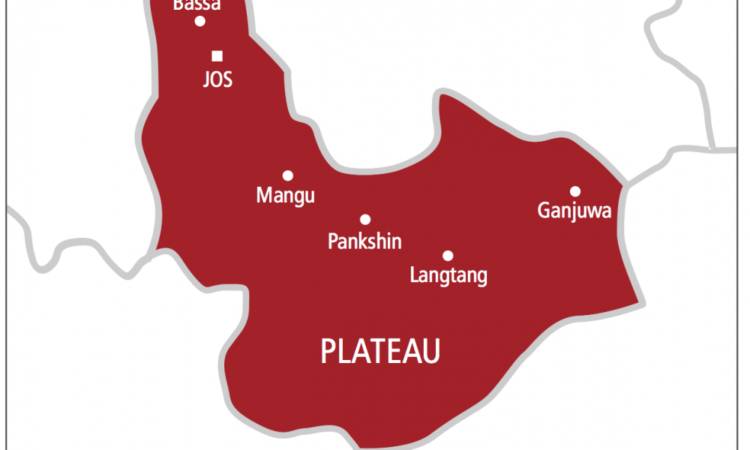
The recurring shortage of cash in the Nigerian economy and the unwholesome commoditisation of the naira, the country’s national currency, has become an issue of great concern, as it can undermine the fledgling cashless policy of government. The automated teller machines (ATMs) are supposed to bridge the gap in transactions that do not require visits to banks. Failure of the machines to dispense cash means recourse to other outlets, thus raising the cost of cash. Cash has now become scarce in many ATMs of the deposit money banks coupled with the springing up of a myriad of quasi-agent banks and point of sale (PoS) outlets for the dispensing of cash, thus littering the country’s economic landscape. Something should be done about this situation.
The use of PoS machines for cash collection has grown so rapidly across the country given that they operate with more relaxed rules than the banks. This is largely because the bank ATMs are lacking in cash. The question arises as to why the ATMs of many banks are lacking in cash availability? What is the Central Bank of Nigeria (CBN), the apex monetary authority, doing to address this issue? What are the members of the public doing to overcome this cash shortage challenge? These are indeed issues of concern.
Going down memory lane, it appears the recent cash shortage issue is a reflection of the pre-2023 general election cash withdrawal challenges, following the CBN naira redesign policy as well as that on cash withdrawal limits of 2022. The pandemonium that ensued during those days need not resurface now. Those were the days leading to the February 2023 presidential elections, in which some state governments, along with some other interested stakeholders sued the CBN at the Supreme Court, which led to the eventual suspension of the terminal date of the use of the old currency notes for 500 and 1000 notes denomination. Those were trying times. With the intervention of the Supreme Court ruling on the issue and the seeming return of sanity in the cash shortage issue, the CBN needs to ensure that weak regulations on its own part do not lead to a resurgence of the cash shortage saga.
Historically, the CBN as the apex monetary authority is responsible for the sanity of the monetary and financial system of Nigeria. Currently, the CBN appears to be preoccupied with its internal workings and the management of its harmonisation of the foreign exchange rates in the country that it has lost sight as well as focus in addressing the cash shortage issue, which it created, albeit under a different administration. The Cardoso-led CBN needs to tighten up the conduct of monetary policy, in order to address this cash shortage issue.
The level of money supply in the economy is the product of the activities of the monetary authorities, the deposit money banks and the non-bank public. Currency in circulation is a major component of the level of money supply, as narrowly defined. As at May 2024, according to the CBN, money supply had increased to N3.97 trillion and of this amount, as much as 93 per cent or N3.7 trillion is outside the banking system. How then is the CBN managing this huge amount outside the system? How is it managing its cashless policy in ensuring that much of these funds are attracted back into the banking system for effective conduct of monetary policy through the management of money supply? How is its financial inclusion programme faring in bringing much of the informal sector into participating in the formal financial system? The success of these will invariably reduce the amount of currency outside the banks.
There is the need to strengthen the regulatory functions of the CBN. If banks are not loading their ATM machines with cash, that should be of great concern to the CBN, as the apex regulatory body in the banking system, and they need to call the erring banks to order.
Currently, there appears to be an unholy collaboration between banks and/or bank officials and the agent bankers such that bank ATMs in many instances have been rendered impotent. Though the issue of cash sorting and bullion services are major cost items for the functioning of ATMs, that should not deter the banks from playing their key role in the provision of cash to the economy, especially to the informal sector. It is very important that this current currency trading through the operations of fraudulent bank officials and the PoS agents are nipped in the bud. These PoS operators charge as much as N100 per N1,000 cash withdrawal which makes it difficult to go away. As the saying goes, “if it pays, it stays”.
The CBN should direct banks to ensure that their ATMs are serviced and made functioning with appropriate sanctions applied to erring banks as necessary. The rural areas especially, should be appropriately serviced in this regard, as the charges for cash withdrawals in these areas are very high. Nigerians deserve better service from the CBN in the management of the financial system. People at the local communities and rural areas need cash to carry out their economic transactions, at least until the desired fruits of financial inclusion and the cashless policies begin to ripe.






